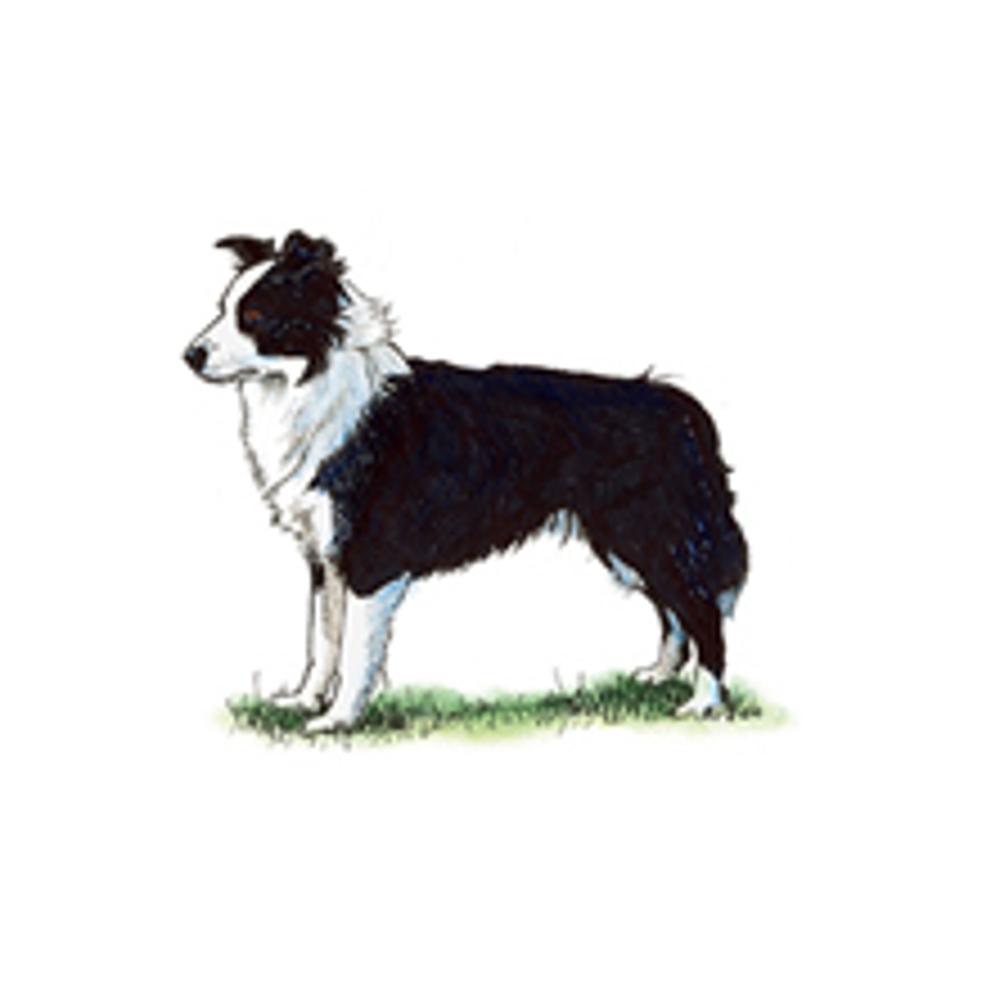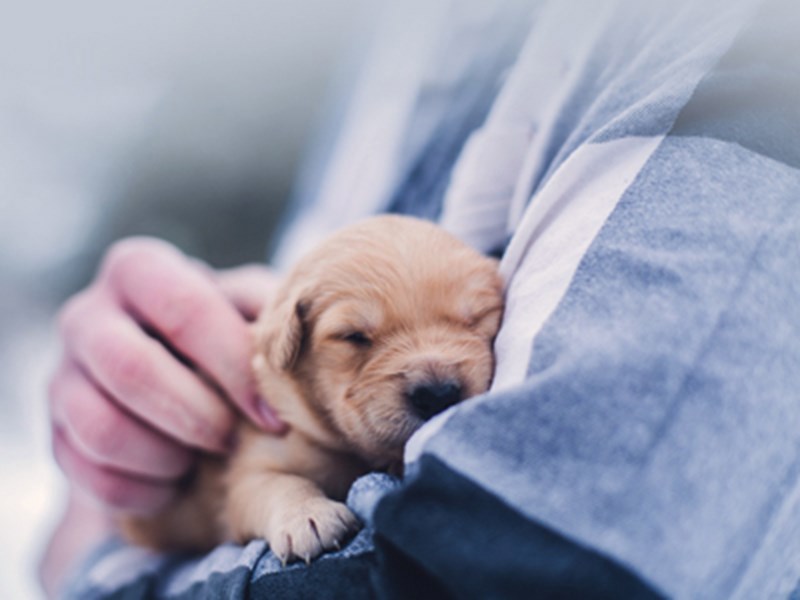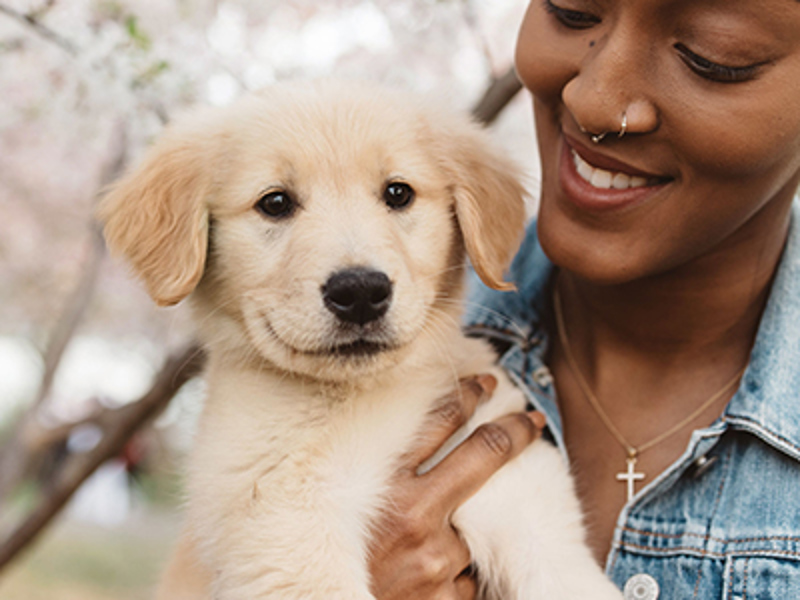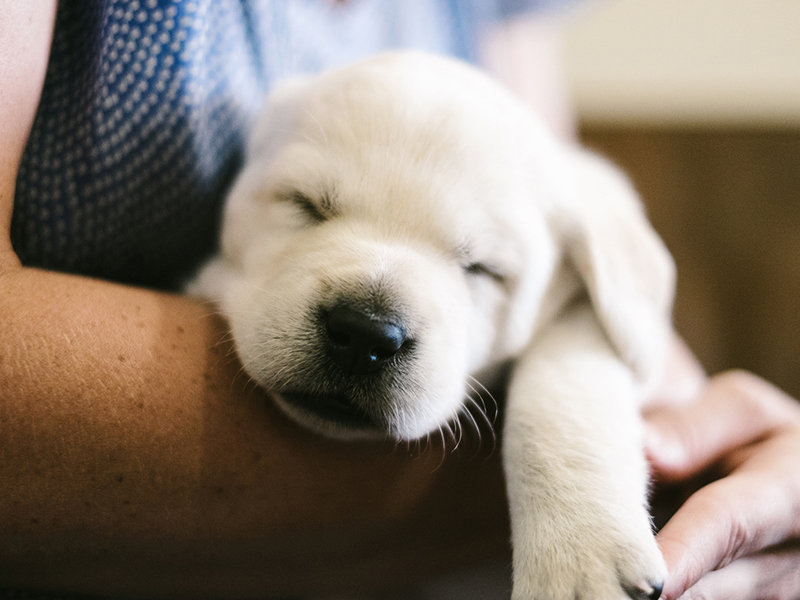
Border Collie
Breed characteristics
- Size
- Medium
- Exercise
- More than 2 hours per day
- Size of home
- Small house
- Grooming
- More than once a week
- Coat length
- Medium
- Sheds
- Yes
- Lifespan
- Over 12 years
- Vulnerable native breed
- No
- Town or country
- Either
- Size of garden
- Large garden
About this breed
The Border Collie is still seen performing the task for which it was bred, working sheep (and cattle) and its fitness for function is seen in its speed, its innate herding instinct and its stealthy gait and carriage.
The name derives from the border regions of England, Scotland and Wales where he originally showed his worth, working sheep in the hills and mountains. His intelligence, speed and versatility have brought the Border Collie success in many canine activities such as obedience, agility and as a sniffer dog for detecting explosives and drugs. In relatively recent times the breed has become highly popular in the show ring. The natural activity and intelligence of the Border Collie means that he needs to be engaged to lead a fulfilled life.
Images for this breed
The Pastoral breed group
The Pastoral Group consists of herding dogs that are associated with working cattle, sheep, reindeer and other cloven footed animals.
Usually this type of dog has a weatherproof double coat to protect it from the elements when working in severe conditions. Breeds such as the Collie family, Old English Sheepdogs and Samoyeds who have been herding reindeer for centuries are but a few included in this group.
Colour Watch
Category 0: Breeds with no NBS colour registration options.
Read more about Colour Watch.
Breed Standard colours
Breed standard colour means that the colour is accepted within the breed standard and is a traditional and well-known colour in this breed.
Breed standard colours in this breed include:
- Black & White
- Black Tricolour
- Black White & Tan
- Blue & White
- Blue Merle
- Blue Merle & Tan
- Blue Merle & White
- Blue Sable
- Blue Sable & White
- Blue Tricolour
- Blue Tricolour Merle
- Blue White & Tan
- Brown & White
- Brown Merle
- Sable
- Brown Merle & White
- Brown Sable
- Brown Sable & White
- Brown Tricolour
- Brown Tricolour Merle
- Brown White & Tan
- Chocolate & White
- Cream
- Gold
- Gold & White
- Gold Merle & White
- Gold Sable
- Gold Sable & White
- Lilac
- Lilac & White
- Lilac Merle
- Lilac Merle & White
- Lilac Tricolour
- Lilac Tricolour Merle
- Red & White
- Red Merle & White
- Red Tricolour
- Red Tricolour Merle
- Red White & Tan
- Sable & White
- Sable Blue Merle
- Sable Merle
- Sable Merle & White
- Seal
- Seal & White
- Slate
- Slate & White
- Slate Merle
- Slate Merle & White
- Slate Tricolour Merle
Other colour/s
'Other' means you consider your puppy to be a colour not currently known within the breed and one that does not appear on either the breed standard or non-breed standard list. In this instance you would be directed through our registrations process to contact a breed club and/or council to support you on identifying and correctly listing the new colour.
Non-breed-standard colours
Non-breed-standard colour means that the colour is not accepted within the breed standard and whilst some dogs within the breed may be this colour it is advised to only select a dog that fits within the breed standards for all points.
Colour is only one consideration when picking a breed or individual dog, health and temperament should always be a priority over colour.
Health
Whether you're considering buying a Border Collie puppy or breeding from your dog, it's important to understand the health issues that may affect the breed and how they can be managed or avoided.
Pre-breeding health screening
Good Practice schemes and tests
We strongly recommend that breeders, at a minimum, conduct these tests before breeding, as evidence indicates these conditions are a significant concern in the breed.
Best Practice schemes and tests
These tests address conditions that are still significant for the breed, though they may not be as critical as those listed under Good Practice. They might be less common or newly identified, and research is ongoing to determine their full impact.
To support the breed’s health, responsible breeders should ensure they complete all tests in both categories. Following our Best Practice guidelines means completing both the Good Practice and Best Practice tests for your breed.
- DNA test for Collie eye anomaly/ choroidal hypoplasia (CEA/CH) - Find a lists of tested dogs here
- DNA test for Ceroid lipofuscinosis (CL) - Find a lists of tested dogs here
- DNA test for Imerslund-Gräsbeck syndrome (IGS) - Find a lists of tested dogs here
- DNA test for Multi-drug resistance (MDR1) - Find a lists of tested dogs here
- DNA test for Trapped neutrophil syndrome (TNS) - Find a lists of tested dogs here
- DNA test for Sensory neuropathy (SN) - Find a lists of tested dogs here
- DNA test for Severe goniodysgenesis & glaucoma risk (gonio) (GGD) - Find a lists of tested dogs here
- DNA test for Raine’s syndrome - Find a lists of tested dogs here
- Elbow testing (for elbow dysplasia) using the BVA/KC Elbow Dysplasia Scheme
- Hearing testing (for deafness) using the KC BAER Scheme (including litter screening)
- Hip testing (for hip dysplasia) using the BVA/KC Hip Dysplasia Scheme
Click here to find out more about The Kennel Club's health standard
Find out about a particular dog's results
Please visit our Health Test Results Finder to discover the DNA or screening scheme test results for any dog on The Kennel Club's Breed or Activity Register.
You can also view the inbreeding coefficient calculation for a puppy's parents, or for a dog you're thinking of breeding from.
DNA testing services
To support your health testing journey, we provide our tailored Border Collie Breed-Specific Package (with DNA profile included). Giving you the information you need about potential health risks, this package includes screening for Collie eye anomaly/Choroidal hypoplasia (CEA/CH), Imerslund-Gräsbeck syndrome/Cobalamin malabsorption (IGS), Multidrug resistance gene 1 (MDR1), Ceroid lipofuscinosis (CL), Sensory neuropathy (SN), Severe goniodysgenesis & Glaucoma risk (gonio), Trapped neutrophil syndrome (TNS), Dental hypomineralisation/Raine’s syndrome (Raine’s synd) and DNA Profile (SNP - ISAG 2020).
9 essential tests valued at £555 for just £150, that screen for multiple conditions at once, saving you time and providing vital health information.
Breed health & conservation plan
The Breed Health and Conservation Plans
Our breed health and conservations plans (BHCPs) use evidence and data to help us understand the health issues found in each pedigree dog breed. These plans help breeders and owners identify health and welfare problems and use information, health tests and health schemes to avoid passing on those problems to future puppies. They also support and provide breeders with tools and specialist expertise to help manage genetic diversity, understand the impacts of close breeding, and find the best ways to preserve the population of their breed.
Working together for the breed
We’ve worked with breed clubs and breed representatives to gather all available evidence to help us determine the priority concerns for the breed and decide how we can work together to manage and reduce these problems.
The full evidence base is available at the discretion of the breed clubs, however if you would like to seek access to the full report, please contact our health team.
More about health
If you have any concerns about a particular health condition in your breed then you may wish to speak to your vet or you could contact your breed health co-ordinator.
Breed health co-ordinators are individuals working on behalf of breed clubs and councils who are advocates for the health and welfare of their chosen breed. They acts as a spokesperson on matters of health and will collaborate with The Kennel Club on any health concerns the breed may have.
Breed watch
Category 1
Currently no points of concern specific to this breed have been identified for special attention by judges, other than those covered routinely by The Kennel Club breed standard.
Breeding restrictions
There are a number of The Kennel Club rules and regulations that may prevent a litter from being registered, find out about our general and breed specific breeding restrictions below.
More about breeding
With effect from 1 January 2013, The Kennel Club will not register puppies whelped from a merle to merle mating born on or after this date. This is due to associated health risks of impaired vision and hearing associated with the merle gene in this breed.
Looking for a puppy?
Looking for a Border Collie? Explore our list of puppies and rescue dogs for sale near you.
More information

Need to find out more about a breed?
Use our Find a Club service where you can locate breed clubs that can offer support and advice.

Use our Find a Puppy service
The Kennel Club's Find a Puppy service provides contact details for breeders who have puppies available. Let's help you find your new best friend.

Get the best lifetime pet insurance
At Kennel Club Pet Insurance, we want you to focus on getting the best possible treatment for your dog without worrying about the cost.

